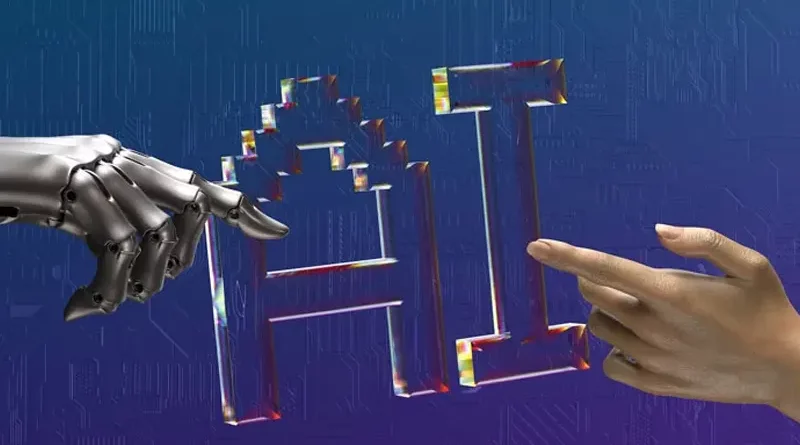EU negotiators agree ‘historic’ first act to regulate AI
Members of the European Parliament (MEPs), the Council of the European Union (EU), and specialists from the European Commission on Friday reached a political agreement on the Artificial Intelligence (AI) Act, the EU’s first attempt to regulate this new technology.
Representatives of the bloc’s three institutions met in Brussels and were able to agree after over 36 hours of negotiations spread over three days on contentious issues like facial recognition, predictive policing, and the use of AI by law enforcement, Politico reported.
Experts anticipate that further technical work on the language of the law will be required to polish the political agreement reached tonight.
“Historic! With the political deal on the AI Act sealed today, the EU becomes the first continent to set clear rules for the use of AI,” declared the EU’s internal market commissioner, Thierry Breton.
“The AI Act is much more than a rulebook — it’s a launchpad for EU startups and researchers to lead the global race for trustworthy AI,” he added.
The “AI Act” has been rushed through the European Union’s legislative process this year after the chatbot ChatGPT, a mass-market gateway to generative AI, exploded onto the scene in late 2022, AFP reported.
Critics have raised concerns about the potential misuse of AI technology, particularly ChatGPT creating articulate essays and poems and Google’s chatbot Bard which produces text, images, and audio from simple commands in everyday language.
Examples also include Dall-E, Midjourney, and Stable Diffusion, which can create images in various styles on demand.
Negotiators failed to reach an agreement after 22-hour marathon talks on Wednesday, ending with only a deal to resume the next day. Exhausted negotiators resumed talks on Friday, with senior EU figures desperate to secure a deal before the end of the year.
The European Commission, the EU’s executive arm, proposed the act in 2021 to regulate AI systems based on software model risk assessments. The act’s obligations increase with higher risks to individuals’ rights or health.
However, the act still requires formal approval from member states and parliament.
“The AI Act is a global first. A unique legal framework for the development of AI you can trust,” EU chief Ursula von der Leyen said in a social media post, welcoming the deal.
“And for the safety and fundamental rights of people and businesses. A commitment we took in our political guidelines – and we delivered. I welcome today’s political agreement.”

